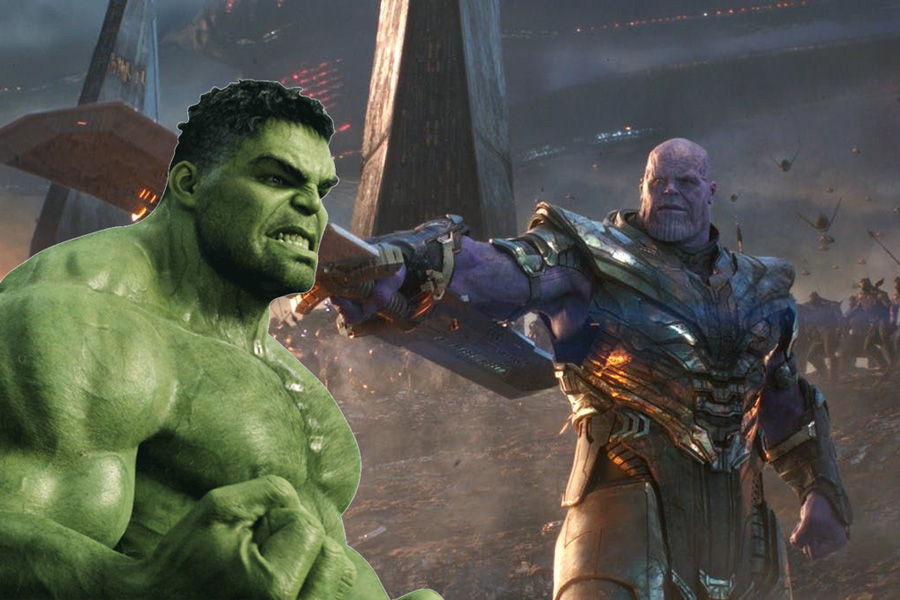Why the Hulk Did Not Fight in Avengers Endgame

The absence of the Hulk from Avengers: Endgame had fans wondering why he did not join the battle against Thanos. After all, the Hulk was a founding member of the Avengers and had been a major part of previous films. This article will explore the reasons why the Hulk did not fight in Avengers: Endgame. It will discuss the events leading up to the movie, the Hulk’s character arc, and the implications of his absence for the Marvel Cinematic Universe.
The Events Leading Up to Avengers: Endgame
Avengers: Endgame was the culmination of a decade of Marvel films. Prior to the movie, the Hulk was featured in several films, including The Avengers, Avengers: Age of Ultron, and Thor: Ragnarok. In The Avengers, the Hulk was a crucial part of the team’s battle against Loki and the Chitauri. In Avengers: Age of Ultron, he helped the Avengers defeat Ultron, and in Thor: Ragnarok, he helped Thor and the other Asgardians defeat Hela.
The Hulk’s last appearance in a Marvel film before Endgame was in Thor: Ragnarok. In that movie, the Hulk had transformed into Bruce Banner and had been living on the planet Sakaar for two years. During his time on Sakaar, Bruce had embraced his alter ego and had become a popular gladiator. However, when Thanos’s forces invaded Sakaar, Bruce reverted back to the Hulk and joined Thor and the other Asgardians in their fight against the Mad Titan.
The Hulk’s Character Arc
The Hulk’s character arc was a major factor in why he did not fight in Avengers: Endgame. Throughout the films, the Hulk has been presented as a wild, uncontrollable force of nature. He is a being that is both powerful and dangerous, and his strength and rage can be difficult to contain. This is why Bruce has been so reluctant to allow the Hulk to resurface in previous films.
However, in Thor: Ragnarok, Bruce had finally come to terms with his alter ego and had begun to embrace it. He had accepted the fact that the Hulk was a part of him and had begun to find a balance between the two sides of his personality. This newfound peace and understanding of the Hulk was a major factor in why he did not fight in Avengers: Endgame.
The Implications of the Hulk’s Absence
The Hulk’s absence from Avengers: Endgame had major implications for the Marvel Cinematic Universe. Without the Hulk, the Avengers were at a disadvantage against Thanos, and it is likely that the Mad Titan would have won the battle if not for the intervention of Captain Marvel.
The Hulk’s absence also had implications for his character arc. By not fighting in Endgame, the Hulk was able to maintain his newfound balance between his two sides. This balance is a crucial part of his character arc, and it shows that the Hulk is capable of controlling his rage and using it in a constructive way.
Conclusion
The Hulk’s absence from Avengers: Endgame had major implications for both the Marvel Cinematic Universe and the character’s character arc. The events leading up to the movie, the Hulk’s character arc, and the implications of his absence all point to the fact that the Hulk had a valid reason for not fighting in Endgame. The Hulk’s absence from the battle against Thanos showed that he has come to terms with his alter ego and is capable of using his strength and rage in a constructive way.






